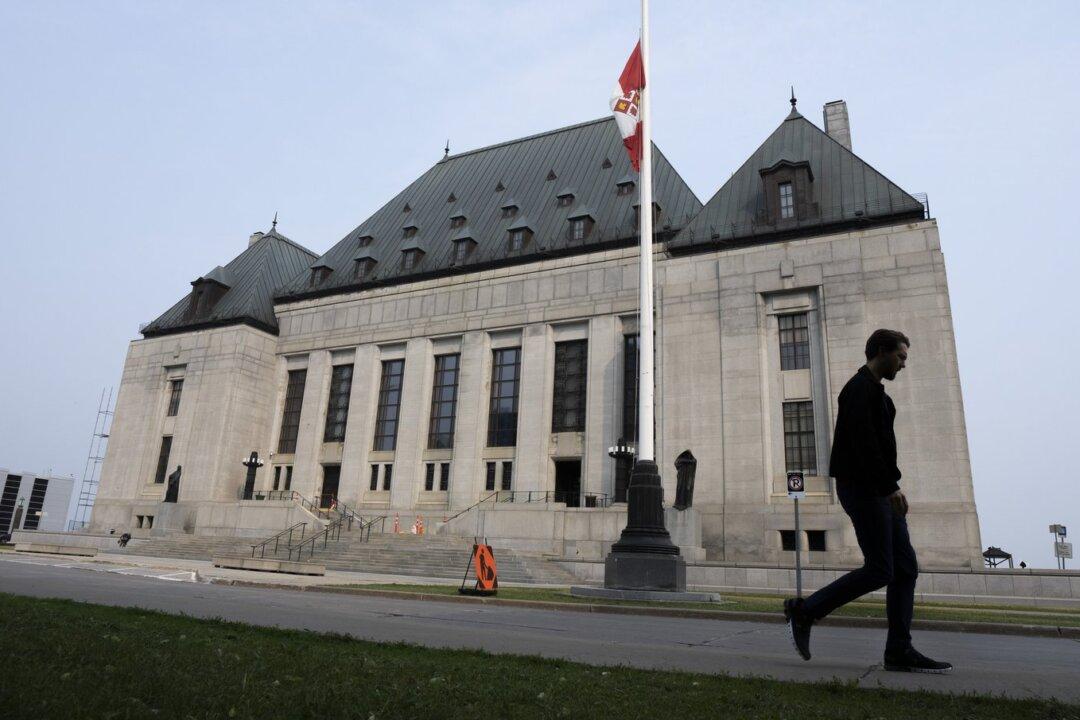The Supreme Court of Canada has declined to hear the appeal challenging Manitoba’s lockdown restrictions filed by a handful of churches, a decision in which a Canadian constitutional rights group has expressed disappointment.
The Justice Centre for Constitutional Freedoms (JCCF) described the case as “critically important,” because it could have served as a model for governments in accommodating charter-protected rights and freedoms when crafting public health measures.“Our clients are disappointed in the Supreme Court’s decision not to hear their appeal,” Attorney Allison Pejovic said in a press release following the court’s March 14 decision.





